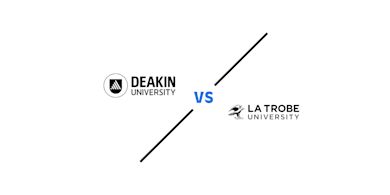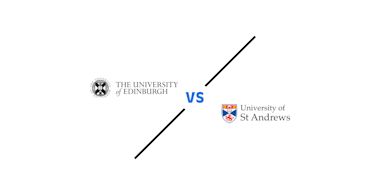Universities and schools in New Zealand offer a range of scholarships, bursaries and grants to international students to help them fund their studies. You can also apply to scholarships provided by the government, public and private organisations. Before you apply to any of these scholarships, do check the eligibility and criteria, along with the closing date.The primary criterion for most scholarships is a good academic score, however it also depends on factors such as your chosen destination, subject and level. In some scholarships, factors like extracurricular activities, and volunteering can also be used to advantage.
However, do note that the amount of money available and type of award varies between the various institutions. Getting a scholarship is competitive and so, you must apply well in time. We recommend you to start with the procedure about 8-12 months before the intake begins. If you get stuck anywhere, IDP counsellors will be more than happy to guide you through.
Three of the most popular government scholarships for international students to study in New Zealand are:
New Zealand International Doctoral Research Scholarships (NZIDRS) – Funded by the New Zealand government, these scholarships are for international students who wish to pursue PhD in New Zealand. Inclusions under this award are university tuition fee, associated student levies, living stipend (up to NZ$25,000 tax-free) and health insurance coverage (up to NZ$600 annually) for three years.
(Currently closed for 2018)
New Zealand Commonwealth Scholarships – Students from Mauritius who apply to master’s degree or Ph.D. can try for Commonwealth Scholarship and Fellowship Plan (CSFP). The plan will cover tuition fee, living, travel and health insurance, and establishment allowance.
New Zealand Development Scholarships (NZDS) - Managed by the New Zealand Ministry of Foreign Affairs and Trade (MFAT), the New Zealand Development Scholarship is awarded to students from Mauritius with demonstrated excellence in their field of study. Students can apply at postgraduate level – certificate/diploma (6 months to 1 year), masters (1-2 years) and PhD (up to 3.5 years). Read more here.
All universities and colleges also have their own set of scholarships which can be subject or destination specific. Do check with them for available options in time.Keep in mind Every scholarship has its own eligibility criteria. In case of some, just an application will help you get hold of the scholarship. For research centric programs, you may have to submit written assignments. So, research well and do not hesitate to contact the university admission centre if you have any doubts. Your IDP counsellor can also assist you in finding the right scholarship for you.Certain research programs may provide up to 100% of the tuition fee besides covering a part of your living expenditures.
You may experience higher competition when you apply for government scholarships in comparison to the university scholarships. So, it’s always better to apply in advance to receive a timely response.
Securing a good scholarship can help bring down your cost of studying internationally considerably. If you wish to explore university wise options, speak with your IDP counsellor for specific details.







